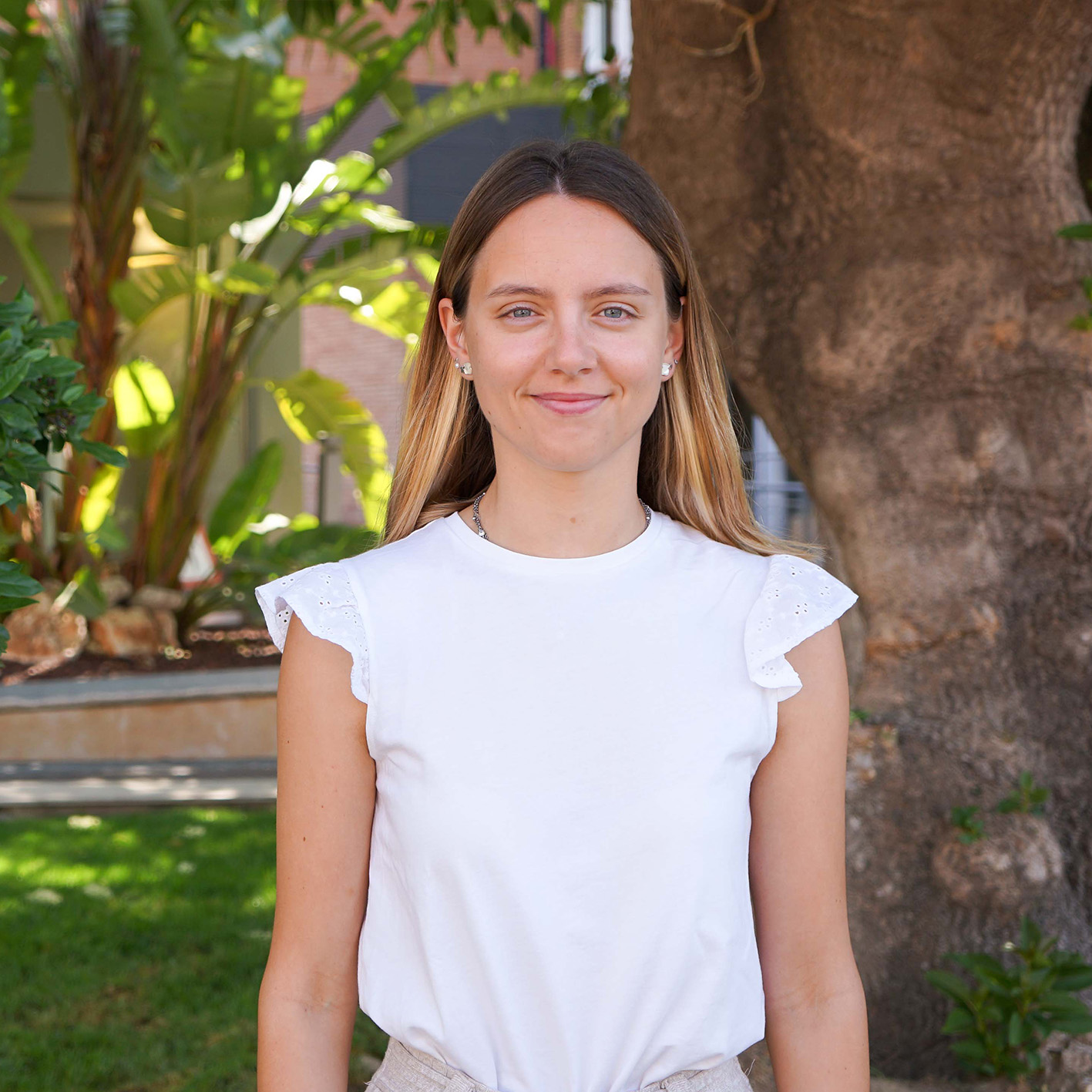Could you briefly describe the master’s degree?
The objective of the master’s degree is to delve deeper into the techniques that are used to analyse any type of compound or product. The first semester focuses on in-depth knowledge of the different techniques, as well as quality regulations. In the second semester, the techniques we learned are applied to different types of products or compounds.
Why did you decide to study it?
I chose this master’s degree because the applicability of analytical chemistry is infinite and essential for the operation of many companies. In addition, although it may not seem like it, an analytical chemist must not only know how to use the different instruments, but also apply their knowledge of other branches of chemistry to understand the fundamentals and get the most out of the techniques used.
What would you highlight about the programme?
The strength of the master’s degree is the fact that we spend three hours a day in the laboratory. By doing so, everything you learn in the classroom is experienced in the laboratory.
What subjects did you like the most?
In general, I liked them all, but I think I would highlight advanced chromatography and analysis of pharmaceutical products.
Why did you choose IQS?
I chose IQS because it is a leader in terms of preparing chemists, among other specialties.
What do you think the master’s degree has brought you personally and professionally?
On a personal level, the master’s degree has helped me to prioritize my time and to be as efficient as possible. In any case, the demands of the master’s degree have meant that we became very close as a group.
At the professional level, I think that the laboratory hours and the academic rigour will make us very well prepared upon graduation.
What skills do you think you have gained thanks to the master’s degree?
Like I said earlier, the master’s degree helped me to prioritize my time at home and become efficient. It also enabled me to feel more confident and self-sufficient in the laboratory, which I think is essential for someone who will likely spend many years in these types of facilities.
What advice would you give to a future student who wants to study this master’s degree?
I would advise them to try to get the most out of the two years, because in a short time they’ll learn a lot. So enjoy it and enjoy chemistry. I would also add the importance of organizing your time to get the most out of the effort and dedication required for the master’s degree.










